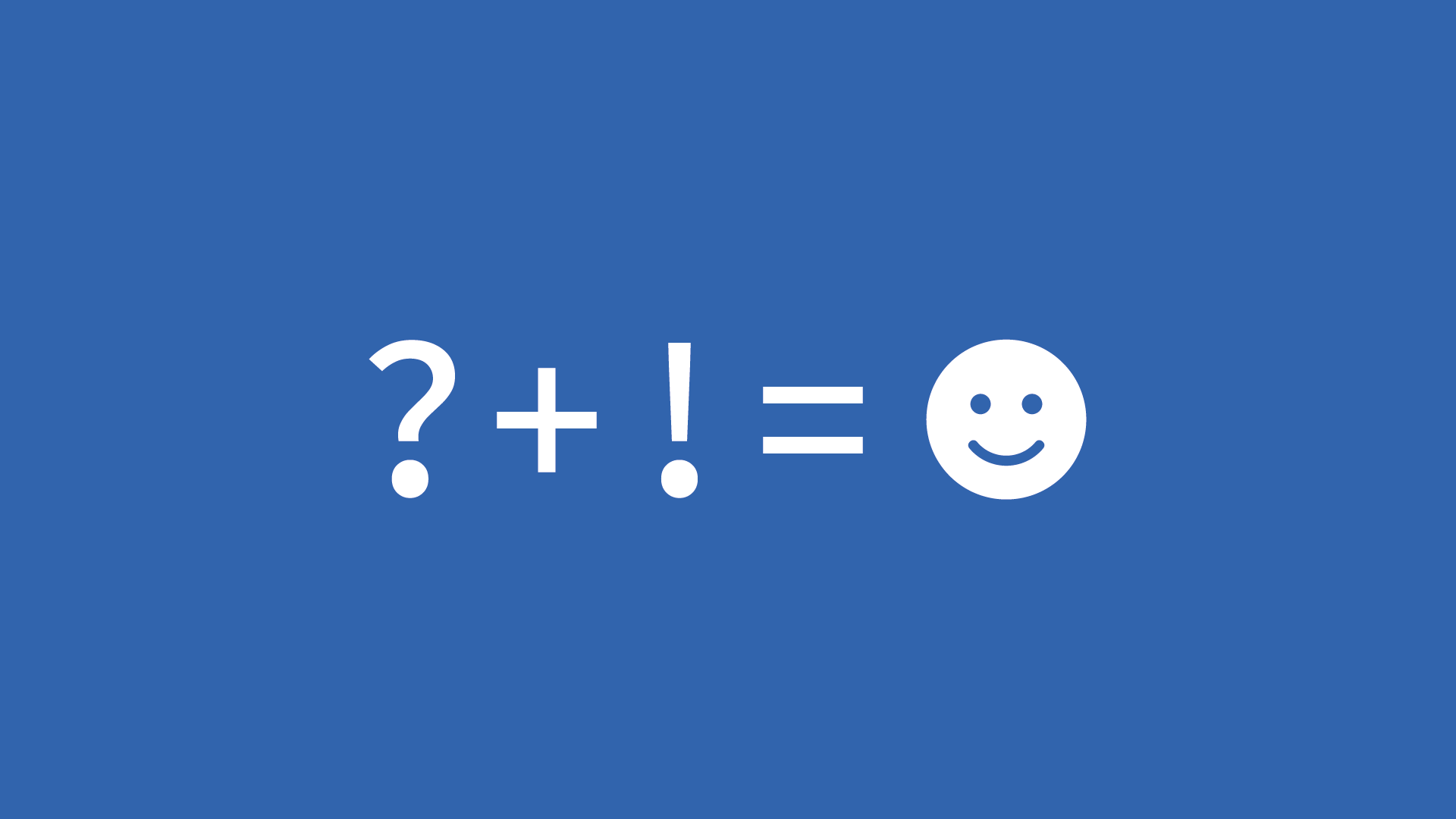Everythings starts with a question

No matter at what stage you are in your career, every academic journey usually starts with a question:
- What subject should I study?
- What should I research?
- How do I find my research question?
- When should I start writing my assignments?
- Why should anyone care about what I do?
- Should I really eat this big junk of chocolate to compensate for the fact that I did not write a single line of text for my thesis today?
I also ask myself many of these questions in my own academic and non-academic life, and the drive to find answers to those questions is what keeps me excited about research and academia in general. Best of all, my job equipped me with the right tools and skills to seek out the answers as systematically as possible. As a matter of fact, there are more questions added every day, and I barely can keep up searching for answers. Needless to say, after this overly long-winded exposition, creating a blog also started with a question - actually two: Should I start a blog? Why?.
Why start a blog?
I feel there are many more question-seekers out there, and some find their way onto social media platforms to find their answers. Sharing my knowledge through this medium will hopefully allow those who are not my students to benefit from it as well. I am far from implying that I have answers to all problems, but I have accrued a sufficient amount of solutions to my challenges which seemingly many others face too.
The Social Science Sofa is an educational platform for everyone: Undergraduates, Postgraduates, PhDs, early-career and full-fledged academics, and anyone interested in data, research and new ways of working. It will cover much more than those lesser-known strategies to common academic problems I mentioned before. Instead, I intend to introduce various content, but all focused on giving you an edge in whatever challenge you might face in your work.
Almost certainly, the following posts will be far more exciting than this one. However, you probably can relate to the feeling of needing to fill the first page of your thesis, assignment or project proposal, let alone write the first sentence. I am glad I overcame this crucial first step and can focus on the more fun parts. If you want to share your hidden academic gems of knowledge or simply stay updated about new posts, you can find The Social Science Sofa on Twitter.
Stay tuned and remember to read, research, write and repeat.